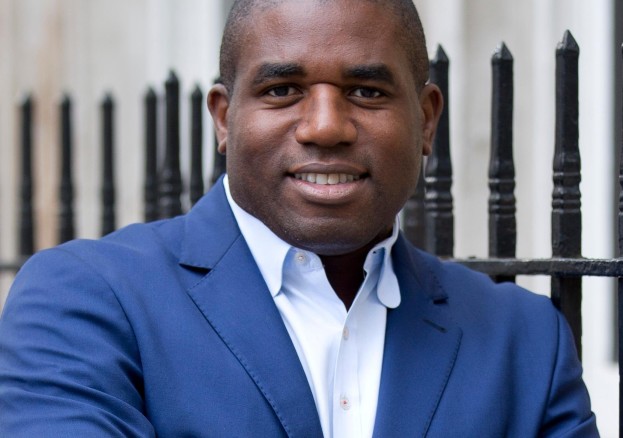
He was young and cocky as he boarded an old Dakota DC-3 warplane from his native Guyana to Trinidad, before embarking on a six week voyage aboard the SS Luciana steamship to Genoa.
From there he made a winding journey across Europe to Southampton. He was able to immigrate to the UK thanks to an Assisted Passage Scheme which allowed him to become a taxidermist. For my mother, who arrived in 1971, the journey was simpler. A plane took her from Guyana to Gatwick.
Yet told in isolation my parents’ stories, and those of all immigrants from the Windrush generation, do not make sense. What drew them to the UK? And why did schemes exist to link countries that were separated by thousands of miles?
The reasons are buried in a much earlier period history than post-war Britain. The connection between Britain and the Commonwealth countries stems from Britain’s history colonisation, slavery and subjugation of proud peoples from across the globe. A history our schools fail to teach. The Caribbean was turned into a warehouse from which to extract profit. Even the century following emancipation was still built on exploitation, as Caribbean labourers expressed discontent at the abuse of the Empire.
After World War Two, the NHS was desperate for a workforce. Despite the abuses, despite the exploitation, and despite slavery, our forefathers heard the call. From 1948, with dignity and pride, our parents and grandparents worked for this country’s sick and injured. The Windrush generation did the low-grade and poorly paid jobs that kept Britain running – the jobs everyone else in Britain refused to do.
This year the Home Office scandal highlighted that this sacrifice was not met with the gratitude it deserved. Members of the Windrush generation were made homeless, jobless, and destitute; split from their families and denied treatment in the NHS because of a cruel and inhumane government Hostile Environment policy. If you look closely, you will see that this disrespect to minorities permeates our society. Awkward questions linger. Would the 72 people who died in Grenfell Tower have had their concerns ignored for so long if they were white?
This year marks 70 years since the passing of the 1948 British Nationality Act, but it also marks 50 years since Enoch Powell delivered his “rivers of blood” speech. To this day, Powell’s xenophobic rhetoric continues to haunt our public discourse. A YouGov poll in 2016 found that 44 percent of Britons are proud of our history of colonialism. Only 21 per cent regretted it occurring.
No decent-minded person is proud of slavery and exploitation. The failure of our society to understand its past is due to a lack of education. History in British schools skips from the Henrys to Hitler, ignoring the shame of what goes on in between. Black history month has to be about addressing this failure in our curriculum. Curing Britain’s colonial amnesia, so that prejudice and racism can finally be pushed out.
